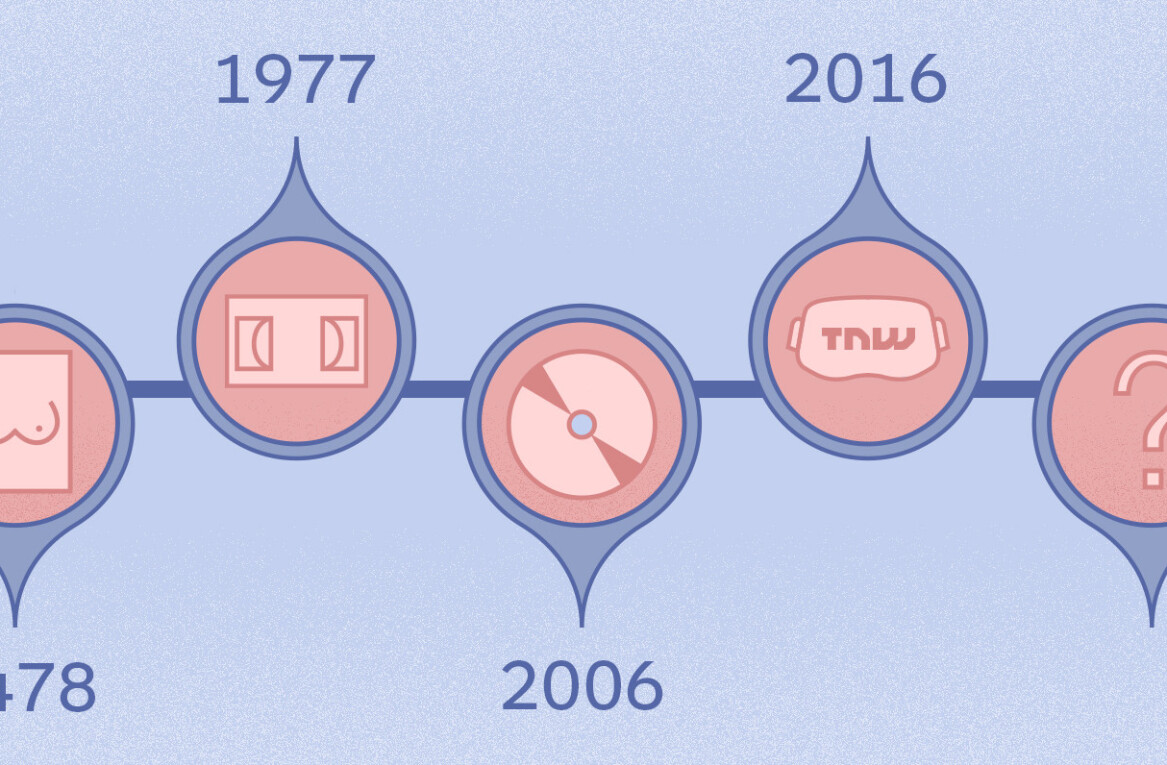
Humans. Besides our opposable thumbs, we have something else in common… our obsession with technology.
Generally speaking, we are without a doubt 100 percent consumed by the technology around us. All day. Every day.
But what we do with that technically is completely different from that of our neighbor.
From “The Great Firewall” of China to Blackberry’s BBM still reigning supreme (no, really), life online is varied and vastly cultural.
World wide what?
As the region with the largest population, it’s no wonder that Asia also has the largest percentage of internet users (48 percent). But did you also know:
- Qatar and South Korea are the only countries outside Europe and North America with the highest internet penetration
- 25 percent of internet users are distributed among the 178 countries, representing less than one percent of total users
- 80 percent of online content is only available in 10 languages, of only about three billion people speak as their first language
- Brazil ranks as one of the more Internet-friendly countries; consumers there prefer the web as their way of getting news
- 32 percent of China’s jailed journalists worked online
- Despite outside investments to bring the country online, internet in Cuba is only available to a very small portion of the population
Social butterflies
How do other countries get social?
- Facebook continually holds the title of ruling supreme, with almost 1,600 million active users and an 18 percent market share. Facebook-owned WhatsApp is its closest competitor, holding steady at 11 percent.
- Filipinos spend the most time on social media at 3.7 hours a day
- 60 percent of Brazilians say their main source of finding news online is through social media compared to only 30 percent in the US and 23 percent of the French
- Germans and the Japanese are the least likely to share news via social media
- Additionally, only 17 percent of Germans check Facebook first thing in the morning
- 68 percent of United Arab Emirates citizens are active on some sort of social platform
Porno hot spots
If you thought for a second that the NFL was more entertaining than the latest celebrity sex tape, you were wrong. So you’d probably also be shocked to know that both Iraq and Egypt – two socially conservative countries – ranked numbers one and two for number of porn site users in 2015.
Here are some other fun facts about the world of pornography from around the world:
- In America, 66 percent of women watch porn
- Spain takes top honors in Europe for the most female users
- Porn is in high demand in Middle-Eastern and Asian countries, with their citizens spending the most time on porn sites
- Germany is the lone wolf in its high use of Firefox for porn
- The average American user spends just under 10 minutes on adult sites
Users also have varied tastes in genres.
In America, the number one search term went from ‘lesbian’ to ‘step mom’… you dirty bastards.
Compare that to the data provided by xHamster – one of Europe’s favorite sites– ‘local’ is the crowd favorite regardless the country.
E-commerce everywhere
What is surprising?…
- E-commerce in the Czech Republic enjoyed one of the largest growth spurts from 67 percent in 2014, to 81 percent the following year
- While there are 191.1 million online buyers in the US, only 28 percent of small businesses have an online store
- ‘Cash on delivery’ is still a thing in Russia
- From the 80 percent of the total population of Japan, nearly all of them shop online
- Germany has no issue returning items as 50 percent of all order are returned
- Germans are also the early birds of e-commerce, preferring to shop online first thing (after checking email, of course) while South Koreans are notorious night owls, shopping between 10pm and midnight respectively
The smartphone movement
And as the amount of time people spend on their phones continues to skyrocket, here’s how the global mobile usage breaks down:
- 70 percent of internet consumers use smartphones for social media
- The US now spends 51 percent more time on mobile compared to only 42 percent on desktop
- Mobile internet access soared last year in China, with an increase of 63 percent in overall usage
- Latvia, with a population of roughly 2.6 million, comes in last in cell phone usage, even being beaten by Cuba (with half the population) and North Korea, where less than 10 percent of the population has cell phones (not counting access to those smuggled in from China)
- Nearly one-third of online views in the UK come from mobile and tablet devices
- Denmark loves its news and its smartphones…. With the largest percentage of news consumed on smartphones standing at 43 percent
The 411 on messaging
Brazil leads the charge with the highest daily usage of SMS messaging, with 12 percent sending a minimum of 30 texts per day. Other random messaging facts include:
- With over one billion monthly active users, WhatsApp is the most popular messaging app used in 109 countries or 55.6 percent of the world
- South Africa is WhatsApp’s biggest user base with 78 percent of smartphone owners
- The instant messenger app is followed Facebook Messenger, but only claims 49 countries as active users
- 65 percent of Ukrainian Android users choose Viber over any other messenger app
- While Indonesia actually still uses BlackBerry’s BBM enmass compared to 0.42 percent in the US
- In China, where any service owned by Google of Facebook is blocked, WeChat enjoys over 549 million monthly users
Get the TNW newsletter
Get the most important tech news in your inbox each week.






